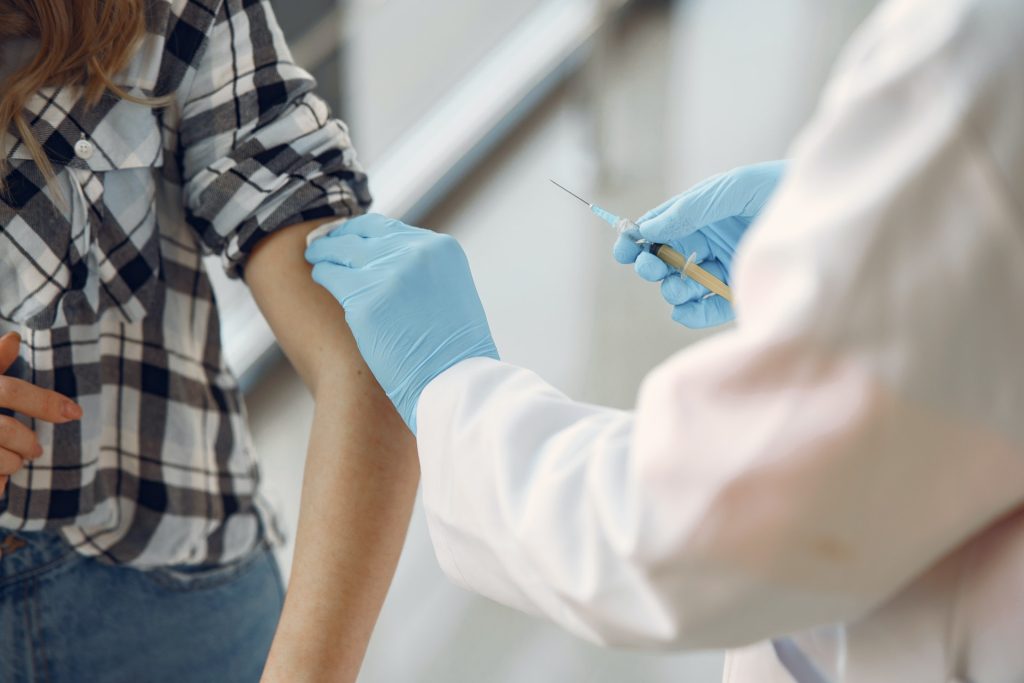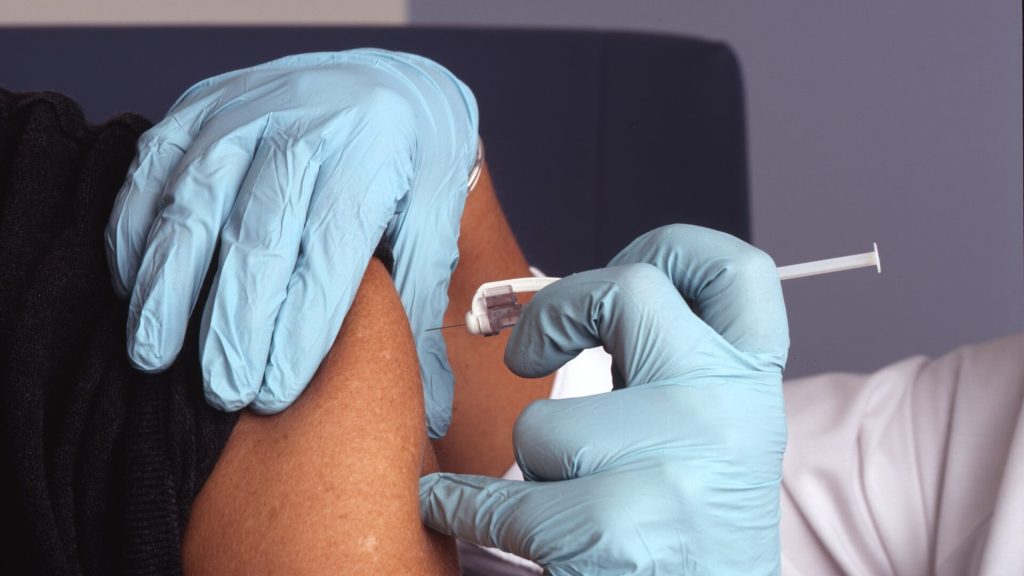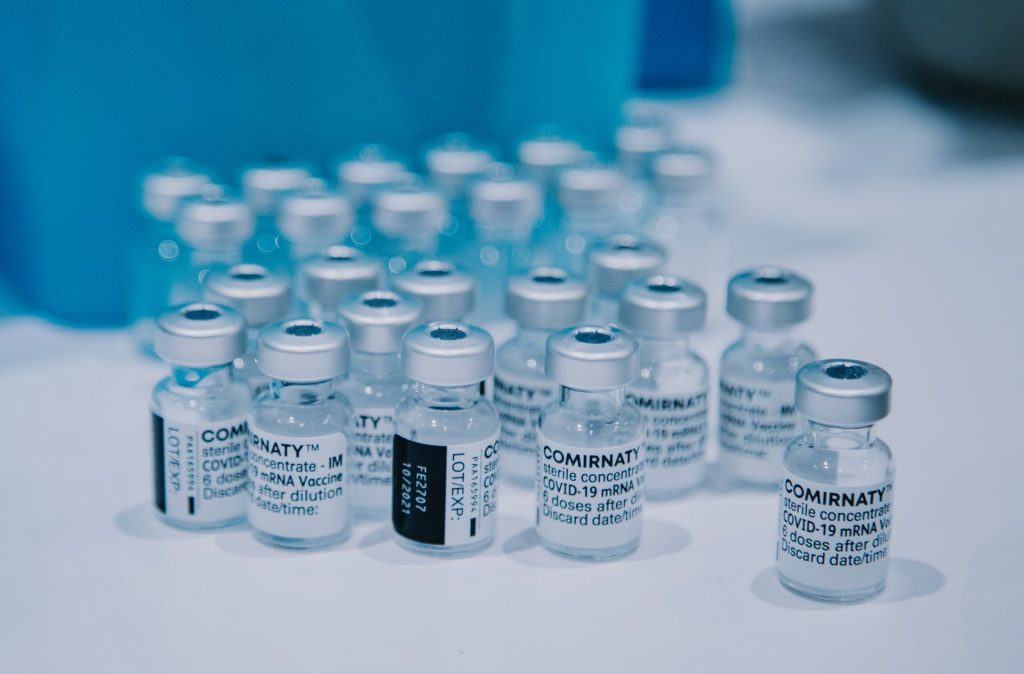Just Ask: Many Patients in the ED are Open to Flu Vaccination

Simply asking patients to get the flu vaccine, and combining it with helpful video and print messages, is enough to persuade many who visit emergency departments to roll up their sleeves, according to a new study published in NEJM Evidence.
Researchers led by UC San Francisco found a 32% vaccine uptake in patients who were asked if they’d be interested in getting the flu shot and told their health providers would be informed.
They saw a 41% uptake for those who were asked about receiving a flu shot and received a pamphlet, watched a three-minute video of a physician with a similar ethnic background discussing the vaccine and were told about the benefits of the vaccine.
The researchers say this type of systematic approach could lead to more underserved people receiving vaccines, especially those whose primary health care occurs in emergency departments.
Flu can be fatal
Annual mortality rates from flu are typically in the tens of thousands in the U.S., especially when combined with pneumonia – but vaccination is particularly low among underserved populations and those whose primary care occurs in emergency departments.
Such patients often face general vaccine hesitancy or a lack of opportunities for the flu shot.
“This research arose from our desire to address the health disparities that we see every day in our emergency department, especially among homeless persons, the uninsured and immigrant populations,” said first author, Robert M. Rodriguez, MD, a professor of Emergency Medicine with the UCSF School of Medicine.
The researchers designed the clinical trial to span a single flu season between October 2022 and February 2023.
Investigators in the study created flu vaccine messaging – including a brief video, flyer and a scripted health provider question, “Would you be willing to accept the influenza vaccine?” – and assessed their effectiveness among nearly 800 patients in five cities: San Francisco, Houston, Philadelphia, Seattle and Durham, North Carolina.
The median age was 46, and more than half the participants in the trial were Black or Latino, 16 % lacked health insurance, nearly a third had no primary care and 9% were homeless or living in severely inadequate housing. These demographic characteristics are similar to patient populations often served by urban emergency departments.
“Overall, our study adds to the growing body of knowledge showing that a number of important public health interventions can and should be delivered to underserved populations in emergency departments,” said Rodriguez, whose previous research has found the effectiveness of delivering similar COVID-19 vaccine messaging to emergency department patients.








